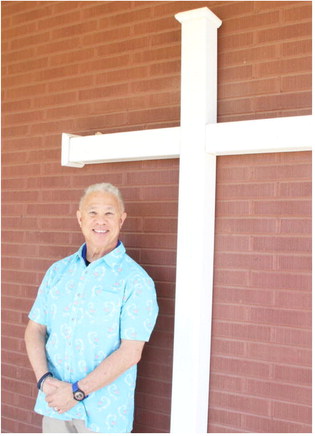Senate Plan To Regulate, Tax Recreational Marijuana Approved
The Montana Senate passed a gargantuan bill Friday, April 23, with a plan to regulate and tax recreational marijuana following days of work by a special committee that brought the bill closer to the original plan voters passed when they legalized the drug in the November 2020 election.
House Bill 701 cleared the Senate on a 34-16 vote, meaning it now returns to the House of Representatives and could potentially be just two votes away from heading to Gov. Greg Gianforte’s desk. The bill departs from Initiative 190 voters passed last year in several major ways, including where tax revenue will be spent, how counties can choose to participate in the program and how many plants an individual can grow for personal use.
Rep. Mike Hopkins, R-Missoula, is sponsoring the bill, which the House pushed out alongside two other recreational marijuana implementation bills ahead of a key deadline earlier in April. GOP leadership said they planned to pull the best parts of each measure into a single, comprehensive bill, and HB 701 emerged as the winner of that process.
Under the revised bill, recreational marijuana would be taxed at 20 percent, while medical marijuana would stay at 4 percent. The revenue generated from that tax would fund a $6 million addiction recovery program requested by Gianforte, and, in an amendment added in committee, would go toward several conservation programs: 20 percent to wildlife habitat conservation, 4 percent to state parks, 4 percent to trails and recreational facilities and 4 percent to the nongame wildlife account. HB 701’s original form had almost no conservation funding at all, and Democrats touted the funding additions as a win for their caucus.
The Select Committee on Marijuana Law also included $200,000 for a veterans’ special revenue account, $150,000 for crisis intervention training and $300,000 for police departments to retrain drug dogs who were trained to detect marijuana.
Before the bill hit the Senate floor, Sen. Jason Ellsworth, R-Hamilton and chair of the marijuana committee, praised the work done by committee members, but acknowledged whatever implementation bill the Legislature passed this session would likely not remain untouched by future lawmakers.
“We’re going to be revisiting this legislation,” Ellsworth said. “I think it took six sessions to get medical [marijuana] right, and it’s going to take additional sessions to get this 100 percent.”
Sen. Jason Small, R-Busby, carried the bill on the Senate floor and told fellow lawmakers that the bill was a “comprehensive, fully operational outline” for recreational marijuana implementation and warned them against not passing the measure.
“If we don’t pass this bill, we basically revert back to language that is in I-190, and frankly, the marijuana industry in the state of Montana is going to look like a pot of boiled spaghetti noodles at that point,” Small said.
Other members of the marijuana law committee also praised the bill and urged Senators to vote in favor. Sen. Shane Morigeau, D-Missoula, said the committee worked to create a product that represented a compromise between the needs of all Montanans, regardless of those who voted for or against legalization of recreational marijuana.
“This is a good bill. We crafted something that represents all of Montana. It was something I was proud to vote for,” Morigeau said.
The committee also changed how HB 701 handles county choice in whether or not to allow recreational marijuana. Originally, the bill would have required all counties to hold another vote in order to opt-in to the recreational marketplace — despite half of Montana counties already voting in favor of legalization in the 2020 election. Under a new amendment on the bill, counties that voted in favor of legalization can hold a vote to opt-out of the market, while those that voted against legalization can vote to opt-in if they so choose. In counties that choose to opt-out of recreational marijuana, existing medical dispensaries will be “grandfathered” in.
The Legislature now looks to pass HB 701 before lawmakers adjourn, likely the final week of April.

